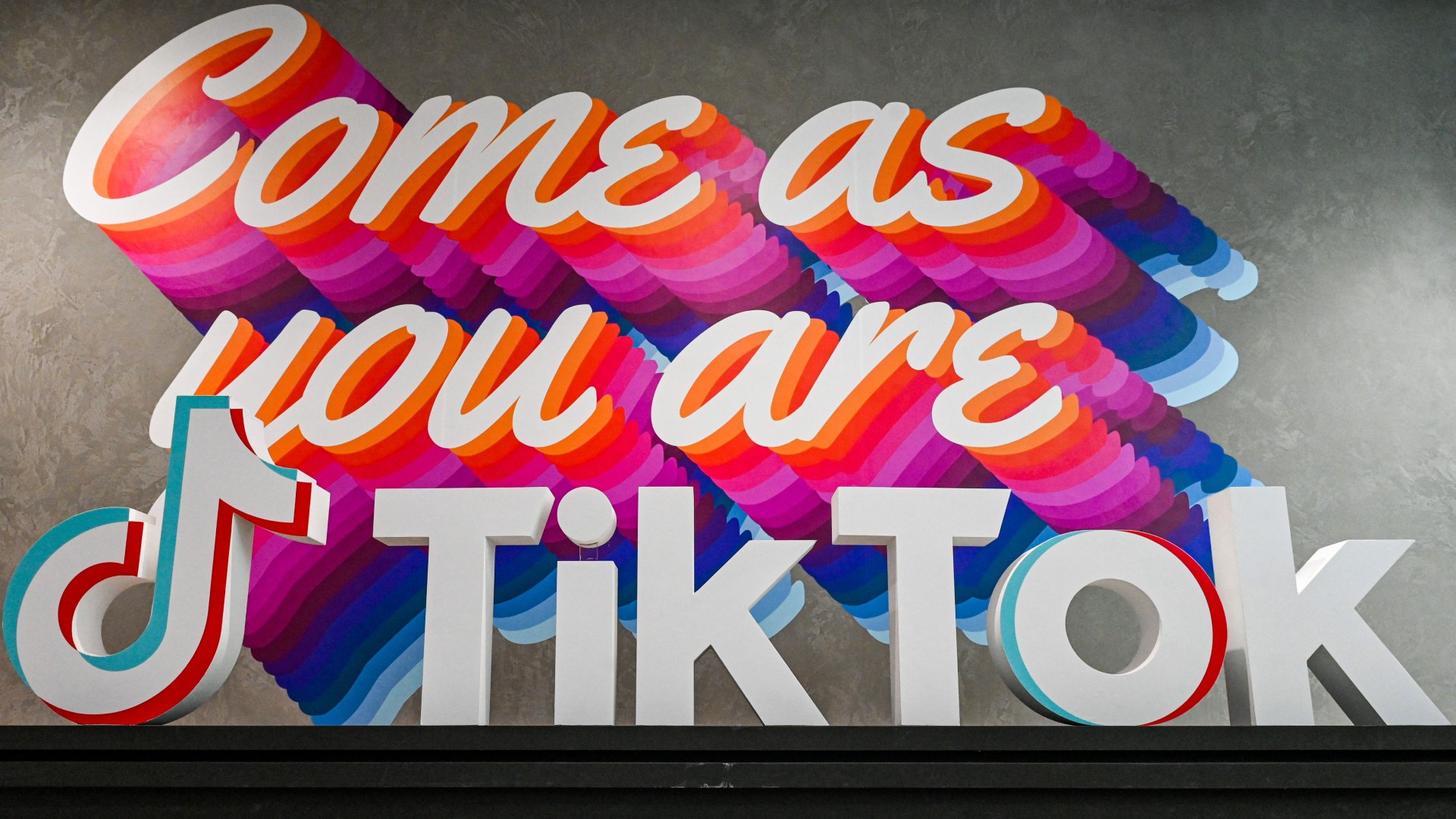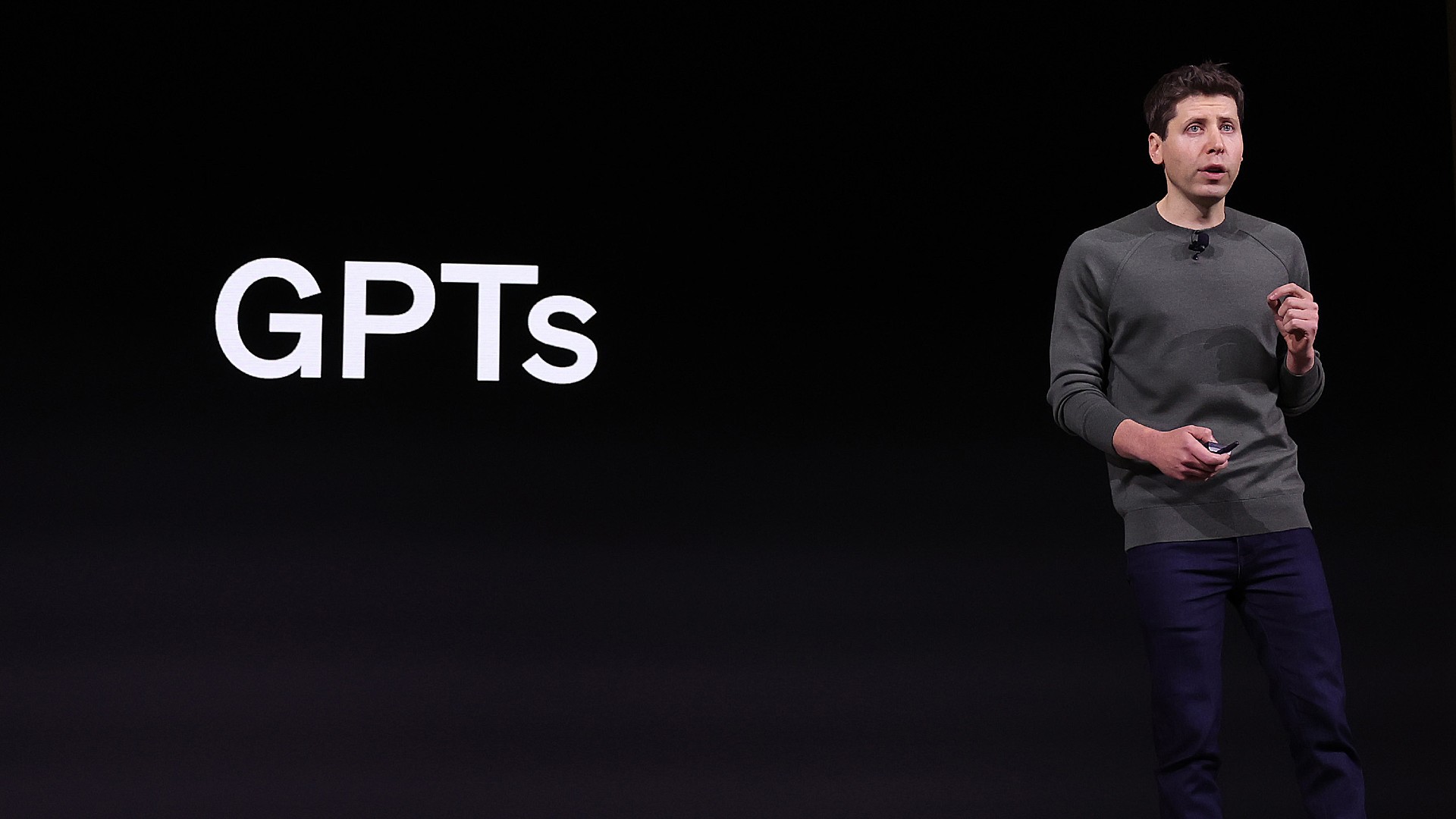Ryanair row: has digital revolution left elderly behind?
Older people are at risk of ‘digital exclusion’ in an increasingly online world

A free daily email with the biggest news stories of the day – and the best features from TheWeek.com
You are now subscribed
Your newsletter sign-up was successful
An elderly couple have described how they were left “flustered and upset” after being charged £110 by Ryanair for printing incorrect boarding passes.
Ruth Jaffe, 79, and Peter Jaffe, 80, were forced to pay the fee after they “accidentally downloaded their return boarding passes instead of the outgoing ones for a flight to France”, reported The Guardian. The couple told BBC Radio 4’s “Today” programme that the airline’s “confusing” website design had led to the error.
Ryanair faced a backlash on social media after the couple’s daughter posted on Twitter about how her parents had been charged £55 each by the airline for new boarding cards following their “honest mistake”. She added: “£110 for 2 pieces of paper which took 1 minute. Shame on you [Ryanair].”
The Week
Escape your echo chamber. Get the facts behind the news, plus analysis from multiple perspectives.

Sign up for The Week's Free Newsletters
From our morning news briefing to a weekly Good News Newsletter, get the best of The Week delivered directly to your inbox.
From our morning news briefing to a weekly Good News Newsletter, get the best of The Week delivered directly to your inbox.
The airline said the charges were in line with its policy, but the row has shone a spotlight on the predicament of many elderly people struggling to navigate an increasingly digitised and online world.
‘Less likely to use the internet’
Mrs Jaffe told the BBC that “if you’re elderly and you haven’t been brought up using computers from day one, it can be very difficult”.
“I think there’s such a number of people of my generation who will be having problems, that there’s got to be some means of catering for them. Not everybody can go out and buy computers and suddenly become computer savvy,” she said.
And the issue isn’t limited only to travel. The Telegraph reported in May that Marks & Spencer had been accused of “snubbing” its older customers by introducing touchscreens for ordering in its new automated “digital M&S cafes”. And The Express warned earlier this month that older people could be paying more for goods and services “because they are less likely to use the internet”.
A free daily email with the biggest news stories of the day – and the best features from TheWeek.com
More older people becoming tech savvy
But the number of older people who do use technology is growing – in the US at least – according to research from the Pew Research Center. The use of smartphones among people aged 65 and over increased from 13% in 2012 to 61% in 2021, the study found. And the number of older people using technology such as tablets has gone up since 2018, from 38% to 44%.
Yet many older people are being left isolated by an increasingly online world. One possible solution, said Wired, is for countries to follow the lead of New Zealand, which in 2019 published a digital inclusion blueprint. While it’s “still in its early days” the strategy has done much to encourage “marginalised communities to get online, discovering the barriers they face in adopting technology and working to overcome them”.
On this front, however, the UK lags behind. In June, a House of Lords committee criticised the UK government for not publishing a digital inclusion strategy since 2014, and warned that digital exclusion is a key factor in hindering the nation’s ambition to become a “technology superpower.”
Sorcha Bradley is a writer at The Week and a regular on “The Week Unwrapped” podcast. She worked at The Week magazine for a year and a half before taking up her current role with the digital team, where she mostly covers UK current affairs and politics. Before joining The Week, Sorcha worked at slow-news start-up Tortoise Media. She has also written for Sky News, The Sunday Times, the London Evening Standard and Grazia magazine, among other publications. She has a master’s in newspaper journalism from City, University of London, where she specialised in political journalism.
-
 Local elections 2026: where are they and who is expected to win?
Local elections 2026: where are they and who is expected to win?The Explainer Labour is braced for heavy losses and U-turn on postponing some council elections hasn’t helped the party’s prospects
-
 6 of the world’s most accessible destinations
6 of the world’s most accessible destinationsThe Week Recommends Experience all of Berlin, Singapore and Sydney
-
 How the FCC’s ‘equal time’ rule works
How the FCC’s ‘equal time’ rule worksIn the Spotlight The law is at the heart of the Colbert-CBS conflict
-
 What Trump's win could mean for Big Tech
What Trump's win could mean for Big TechTalking Points The tech industry is bracing itself for Trump's second administration
-
 Social media ban: will Australia's new age-based rules actually work?
Social media ban: will Australia's new age-based rules actually work?Talking Point PM Anthony Albanese's world-first proposal would bar children under 16 even if they have parental consent, but experts warn that plan would be ineffective and potentially exacerbate dangers
-
 Is ChatGPT's new search engine OpenAI's Google 'killer'?
Is ChatGPT's new search engine OpenAI's Google 'killer'?Talking Point There's a new AI-backed search engine in town. But can it stand up to Google's decades-long hold on internet searches?
-
 Is the world ready for Tesla's new domestic robots?
Is the world ready for Tesla's new domestic robots?Talking Points The debut of Elon Musk's long-promised "Optimus" at a Tesla event last week has renewed debate over the role — and feasibility — of commercial automatons
-
 CrowdStrike: the IT update that wrought global chaos
CrowdStrike: the IT update that wrought global chaosTalking Point 'Catastrophic' consequences of software outages made apparent by last week's events
-
 TikTok predicts 'creative bravery' trends for 2024
TikTok predicts 'creative bravery' trends for 2024talking point Will it be a banner year for the platform, or will it isolate its biggest audience?
-
 Elon Musk's 'frivolous' but precedent-setting free speech fight with Media Matters
Elon Musk's 'frivolous' but precedent-setting free speech fight with Media MattersTalking Point The lawsuit is just the latest in Musk's ongoing tension with social media watchdogs
-
 How OpenAI went from an altruistic nonprofit to typical Big Tech startup
How OpenAI went from an altruistic nonprofit to typical Big Tech startuptalking point Internal tensions over the company prioritizing money over safety might be symptoms of a bigger issue